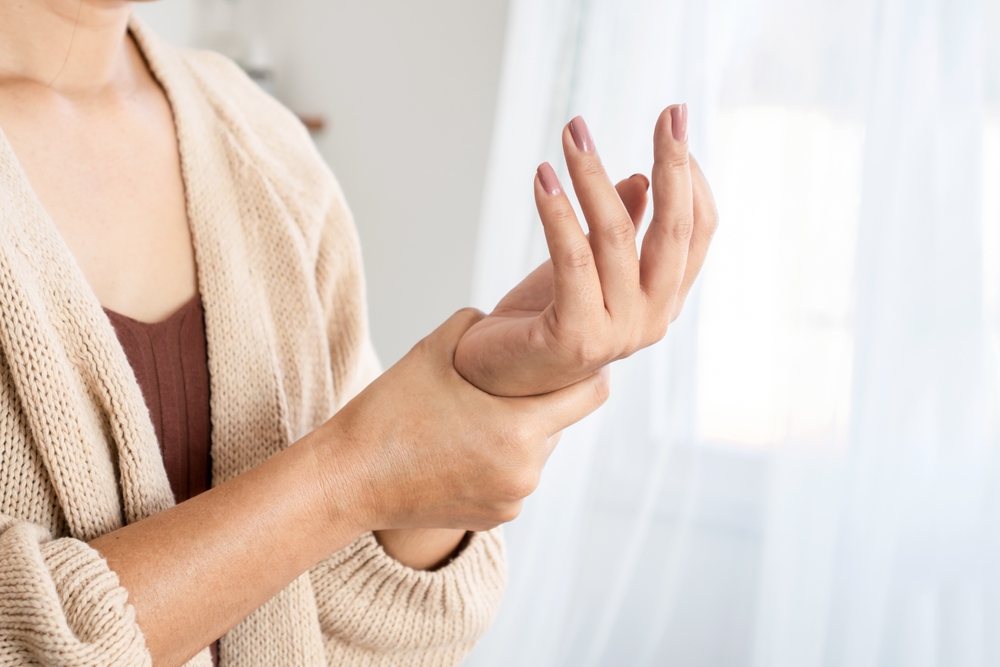
Posted on 16 Sep 2024
Preventing Wrist Injuries: Expert Tips from Portland’s Hand Specialist
Wrist injuries can significantly impact our daily lives, affecting everything from typing on a keyboard to playing sports. In Portland, Oregon, where an active lifestyle is the norm, understanding how to prevent these injuries is crucial. Dr. Neaman, a leading hand specialist, offers valuable insights on wrist injury prevention for sports enthusiasts, professionals, and everyone in between.
Understanding Wrist Injuries
Wrist injuries are common hand conditions that can range from minor sprains to more severe fractures or ligament tears. They often occur due to repetitive motions, sudden impacts, or overextension of the wrist joint. Whether you’re an athlete, office worker, or simply going about your daily routine, your wrists are constantly at risk.
Preventing Wrist Injuries in Sports
Sports activities, especially those involving hand-to-ground contact or repetitive wrist movements, pose a high risk for wrist injuries. Here are some prevention strategies:
- Proper technique: Learn and practice correct form for your sport to minimize strain on your wrists.
- Protective gear: Use wrist guards or tape when participating in high-risk activities like skateboarding or snowboarding.
- Strength training: Incorporate wrist-strengthening exercises into your fitness routine to build resilience.
- Warm-up: Always warm up your wrists before engaging in sports activities.
Workplace Wrist Injury Prevention
Many wrist injuries occur in the workplace, especially in jobs requiring repetitive motions. Here’s how to protect your wrists at work:
- Ergonomic setup: Ensure your workstation is ergonomically designed to reduce wrist strain.
- Regular breaks: Take frequent short breaks to rest your wrists and perform gentle stretches.
- Proper posture: Maintain good posture to reduce overall strain on your arms and wrists.
- Ergonomic tools: Use ergonomic keyboards, mice, and other tools designed to reduce wrist strain.
Everyday Wrist Injury Prevention
Even everyday activities can put your wrists at risk. Here are some tips for daily wrist care:
- Maintain a healthy weight: Excess weight can put additional stress on your wrists.
- Stay hydrated: Proper hydration helps maintain the flexibility of your joints and tissues.
- Wrist exercises: Regularly perform wrist-strengthening and flexibility exercises.
- Be mindful: Pay attention to how you use your wrists in daily activities and adjust as needed.
Common Questions About Wrist Injuries
Q: What are the most common wrist injuries?
A: The most common wrist injuries include sprains, fractures, and carpal tunnel syndrome. These can often be addressed through various hand procedures depending on their severity.
Q: How can I tell if I have a wrist injury?
A: Common signs of a wrist injury include pain, swelling, bruising, and difficulty moving the wrist or gripping objects. If you experience these symptoms, it’s important to seek professional medical advice.
Q: Can wrist injuries be treated without surgery?
A: Many wrist injuries can be treated non-surgically through rest, ice, compression, and elevation (RICE), along with hand therapy. However, more severe injuries may require surgical intervention.
The Role of Hand Therapy in Wrist Injury Prevention and Recovery
Hand therapy plays a crucial role in both preventing and recovering from wrist injuries. A skilled hand therapist can guide you through exercises to strengthen your wrists, improve flexibility, and correct any imbalances that may be putting you at risk for injury. For those recovering from wrist injuries or hand surgery, hand therapy is often an essential part of the rehabilitation process.
When to Seek Professional Help
While prevention is key, it’s important to know when to seek professional help. If you experience persistent wrist pain, numbness, or weakness, it’s time to consult a hand specialist. Early intervention can prevent minor issues from becoming major problems and ensure you receive the most appropriate treatment for your condition.
Conclusion
Preventing wrist injuries is crucial for maintaining an active and pain-free lifestyle. By following these tips and being mindful of your wrist health, you can significantly reduce your risk of injury. Remember, your wrists play a vital role in almost everything you do, so taking care of them is an investment in your overall well-being.
Call to Action: Are you experiencing wrist pain or concerned about potential hand injuries? Don’t wait for the problem to worsen. Contact Dr. Neaman, Portland’s trusted hand specialist, for a comprehensive evaluation and personalized treatment plan. Visit our website or call us today to schedule your consultation and take the first step towards healthier hands and wrists.

